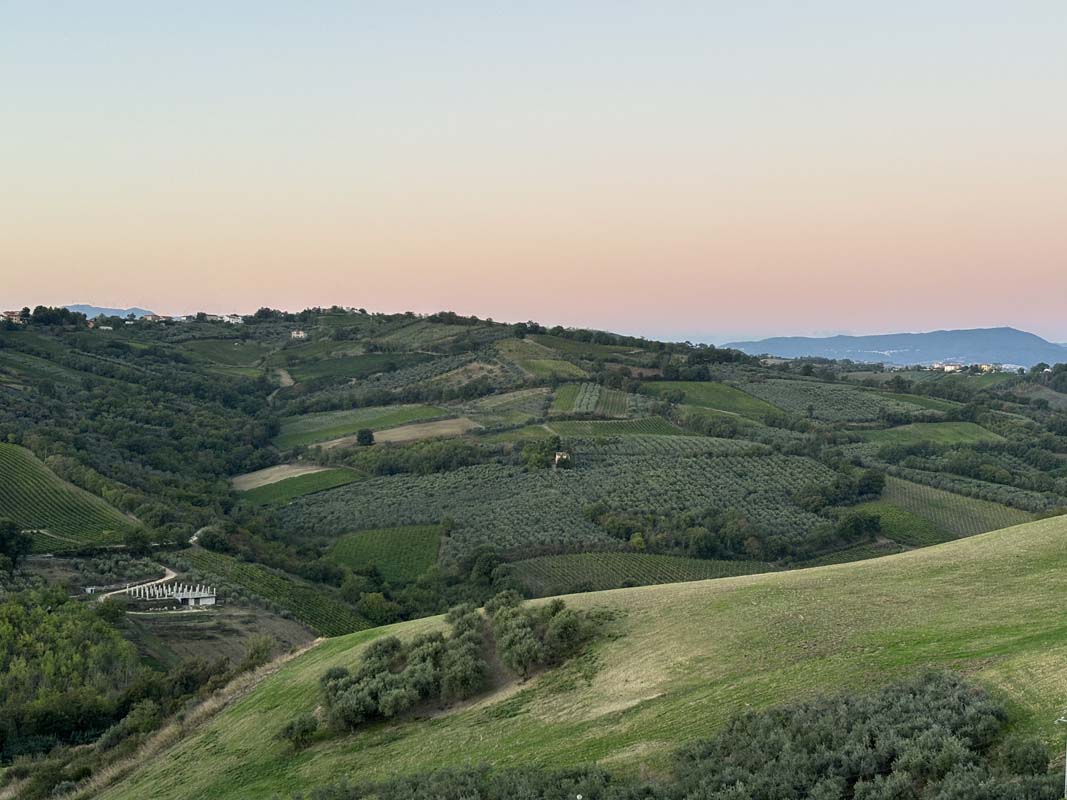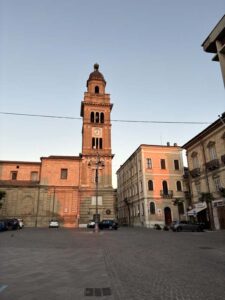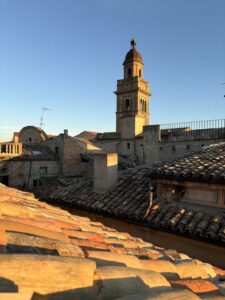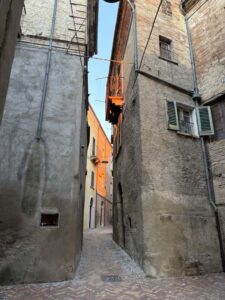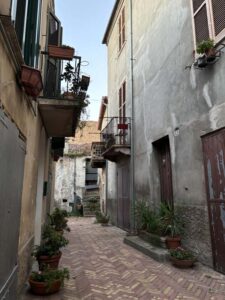Travel is good for the soul. And, sometimes, it reveals some unexpected home truths. As I write this month’s column, seated at the kitchen table of our Italian hilltop village house, I can’t help but reflect on aspects of life here that seem so foreign, so improbable to me.
I constantly contrast daily life moments here to the familiar daily routines that accompany life in the Bay of Plenty. I’m astounded at the differences in attitudes between the people I meet daily here and acquaintances at home. To my consternation, I am realising that all that glitters in Aotearoa is not gold. There is gold to be found in unexpected places and lessons to be learned away from home.
Rest-assured, this is not another ‘It’s great here on the Sunshine Coast, yous should all come and live here’ pitch. And, it’s definitely not an ‘everything’s so much cheaper here in Europe’ diatribe – those narratives really do become tiresome. But it is an observation that simple can be good, and that we should always be looking at our lives and thinking about what really is important and, conversely, what is not.
I’m not for a moment suggesting that life in mainland Europe is without its own unique challenges and hardships. So many of the taonga we have in Aotearoa New Zealand are to be treasured. From our mountains to the coast, the bounty of our lands and the warmth of our people are quite magnificent. But let us not become arrogant or complacent as we can always do better and we should always be looking to improve and to learn – surely, that is the challenge for all progressive societies.
I am living in a village of 4,000 people that dates back to the second century BC. I no longer look at my watch – the church bells in the basilica two doors from our house ring out on the quarter hour every single day, which is a much less stressful way of telling the time than having to look at my smartwatch with its alarm setting and inbuilt heart monitor.
There is no graffiti – ‘street art’ is the domain of the pigeons. It is mid-afternoon as I write this and there is barely a sound in the alleyways, except from the pigeons and the church bells. Everyone is sleeping and will, as always, emerge after 5pm to meet in the square to smoke cigarettes and drink wine together – all ages, together. Is this the basis for a vibrant modern economic model? Probably not, but frankly, who cares?
There are no dairy farms on any of the hills surrounding the village, only vineyards and olive groves, mile after mile in every direction.
When I ask for wine, I am never offered a wine list, simply a question: Rosso? O bianco? When you live in the heart of a region that has been producing wine since pre-Roman times, you have to assume they got the recipe right some time ago and they know what they’re doing. To ask for a wine list so that you can, knowledgeably, run your finger down the right-hand column and impress everyone with a thoughtful (pretentious) mid-column selection seems absurd. We drink the wine that is made here and costs us €2.19 a bottle (that’s about $3.88 in real money), so who really needs anything else?
Stress? There is none. Motorway congestion? There is none. shopping malls? There are none. When bread is fresh from the bakery every morning and parmigiano can only be bought by the kilo (minimum), you know life’s going okay.
Is everyone wealthy? No. Are there any homeless people here? I’m yet to see one. Are there gangs here? No – and before you say it, yes Southern Italy does have a reputation for a certain family crime culture, but no one here wears patches and the police drive Fiat Bambinas, so from my seat it all feels pretty safe.
So, what’s my point? Simply that before you decide you need a fourth bathroom, a faster car, to work extra hours and to buy more expensive wine, ask yourself: “Is this really going to make me happier?” Because all that glitters is not necessarily gold.
Arrivederci per ora.
– Photos: M Warnes Cohen



